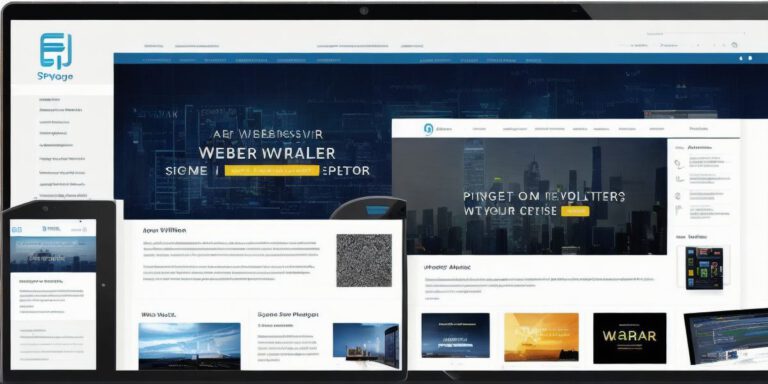The Ultimate Showdown: UX Design vs. Coding Difficulty

Introduction
In the world of software development, there are two major roles that are constantly competing for attention and resources: UX design and coding. While both are crucial components of creating a successful product, they have different levels of difficulty and require different skill sets. In this article, we will explore the challenges and rewards of each role and ultimately determine which one is more difficult.
UX Design Difficulty
UX design involves creating user-friendly interfaces that make it easy for users to interact with your product or service. While it may seem like a simple task, designing an intuitive and engaging user experience requires a deep understanding of human psychology and behavior. This includes researching user needs, creating wireframes and prototypes, and testing them with real users.
One of the challenges of UX design is constantly keeping up with changing user expectations and preferences. As technology advances and new platforms and devices emerge, designers must adapt their strategies to ensure that their product remains accessible and easy to use. Additionally, designing for accessibility and inclusivity can be a complex task, requiring designers to consider a wide range of factors such as language, culture, and physical abilities.
Coding Difficulty
On the other hand, coding involves writing the code that brings your product or service to life. This includes understanding programming languages, algorithms, and data structures, as well as debugging and troubleshooting problems that arise during development.
One of the challenges of coding is dealing with complex technical issues and bugs that can be difficult to diagnose and fix. Additionally, writing clean and efficient code requires a deep understanding of software architecture and design patterns, which can be time-consuming to learn and implement.
Case Studies and Personal Experiences
To better understand the challenges and rewards of UX design vs. coding, let’s look at some real-life examples and personal experiences.
For example, a UX designer may work on designing a new mobile app that makes it easy for users to order food from their favorite restaurants. This requires extensive research into user behavior and preferences, as well as creating wireframes and prototypes to test with real users. Once the design is finalized, the designer must also ensure that the app is accessible and inclusive for all users, regardless of language, culture, or physical ability.
On the other hand, a software developer may work on building a complex web application that requires advanced coding skills in languages such as Java, Python, or JavaScript. This includes writing efficient code that adheres to design patterns and best practices, as well as debugging and troubleshooting issues that arise during development.
Conclusion
In conclusion, while both UX design and coding require a unique set of skills and challenges, the level of difficulty ultimately depends on individual experience and expertise. While coding can be more technically demanding, UX design requires a deep understanding of human behavior and psychology, as well as the ability to adapt to changing user expectations and preferences. Ultimately, both roles are essential in creating a successful product or service, and developers must be able to balance their strengths and weaknesses in order to succeed in this competitive field.
FAQs:
- Is coding more difficult than UX design?
It depends on individual experience and expertise. While coding can be technically demanding, UX design requires a deep understanding of human behavior and psychology. - Can UX designers write code?
Yes, many UX designers have coding skills, but this is not always the case. Some UX designers focus solely on designing the user experience, while others may work with developers to ensure that their designs are technically feasible. - Is coding more rewarding than UX design?
Both roles are essential in creating a successful product or service, and the level of reward ultimately depends on individual preferences and strengths. Some people find coding more fulfilling because it allows them to use their technical skills to create something tangible, while others may prefer the creative challenges of UX design.








